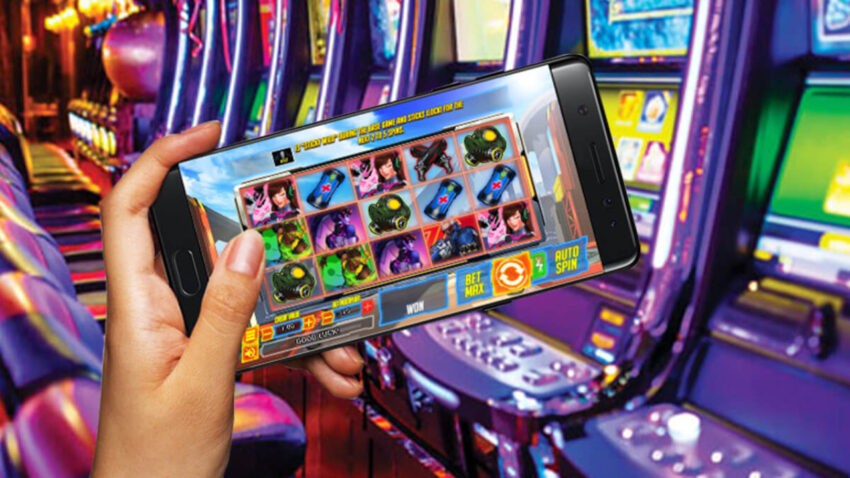The world of online gaming has undergone a remarkable transformation over the last few decades. What began as simple pastimes played on early computers and consoles has evolved into a vibrant, multifaceted industry that attracts millions of players around the globe AMOSBET77. The rapid growth of online gaming has led to a shift from casual games to highly competitive experiences, drawing in a diverse audience that spans age groups, cultures, and interests.
The Birth of Online Gaming
The concept of online gaming dates back to the late 20th century when the first multiplayer online games appeared. Early games like Maze War and Spasim allowed players to connect with others over local networks or early versions of the internet. However, it wasn’t until the mid-90s with the rise of games like Doom and Warcraft that online multiplayer gaming became a mainstream phenomenon.
These early online games were relatively simple, offering basic multiplayer functionality and a limited range of game modes. Nevertheless, they laid the foundation for what would become an explosion of online gaming genres and platforms in the years to follow.
Casual Gaming: A Gateway for New Players
The rise of the internet, along with more accessible computing technology, paved the way for casual gaming to thrive. Games like FarmVille and Candy Crush Saga became household names, offering quick and easy gameplay for users of all ages. These types of games, often available for free or at a low cost, created a new demographic of players who had never before engaged with gaming.
Casual gaming platforms like Facebook, mobile devices, and browser-based games helped break down the barriers to entry. Players no longer needed to purchase expensive consoles or complex gaming PCs to get started. With a simple mobile device, anyone could access a wide array of games that were easy to learn, enjoyable to play, and highly addictive.
Competitive Gaming: The Rise of eSports
While casual gaming continues to attract millions of players, competitive gaming, or eSports, has become one of the fastest-growing sectors in the gaming world. Games like League of Legends, Dota 2, and Fortnite have turned online gaming into a professional sport, with players earning millions of dollars in prize money and sponsorships.
eSports tournaments now fill massive arenas and are streamed to millions of fans via platforms like Twitch and YouTube. These events, often broadcast in real time, allow players from around the world to compete at the highest level. The popularity of these events has turned eSports into a global cultural phenomenon, with professional teams, sponsorship deals, and even college scholarships dedicated to the sport.
The competitive gaming scene is not limited to traditional multiplayer battle games. Online sports simulations like FIFA, NBA 2K, and Madden NFL have carved out their niche in the competitive world, attracting dedicated fans and professional leagues. The diverse range of online games that support competitive play ensures that there’s something for everyone, whether you’re into first-person shooters, strategy games, or sports simulations.
The Social Side of Online Games
Online games have also become a central hub for social interaction. Many modern games, particularly those in the battle royale and massively multiplayer online (MMO) genres, offer immersive worlds where players can build relationships, join teams, and participate in collaborative efforts. Games like World of Warcraft, Final Fantasy XIV, and Minecraft have allowed people to forge friendships and create communities that extend far beyond the gaming world.
Online games provide players with the opportunity to chat, strategize, and team up with others in real-time, creating a sense of camaraderie and belonging. This aspect of online gaming is especially appealing to those who may not have access to a large social circle in their offline lives, providing them with an avenue to interact with others from different parts of the world.
The Future of Online Gaming: Virtual Reality and Beyond
As technology continues to evolve, the future of online gaming looks even more exciting. Virtual reality (VR) and augmented reality (AR) are already making their mark, with games like Beat Saber and Pokémon Go demonstrating the potential of these immersive technologies.
In the coming years, we can expect online gaming to become even more immersive and interactive, with players having the ability to step directly into virtual worlds and engage with them in ways that were once thought to be the stuff of science fiction. The integration of artificial intelligence, enhanced graphics, and haptic feedback systems will further blur the lines between the real world and virtual experiences.
